A hybrid Science|Business Widening roundtable, in partnership with INESC Brussels Hub (14:00-17:00 CEST)
As the European Union (EU) enters a crucial period for shaping its next research and innovation (R&I) framework programme (FP10) and multi-year budget (MFF), the debate on the future of its Widening instrument grows increasingly heated. In light of the geopolitical and economic realities that Europe faces, many argue it is time to reframe the narrative and elevate Widening to a strategic imperative – not just in the interests of fair distribution of EU resources, but as a key mechanism to ensure resilience, strategic autonomy, inclusive green and digital transitions, and more.
Within this context, the parameters of debate shift quickly to the role of Widening countries in the EU’s new institutional mandate, including defence and security, enlargement, competitiveness and single market reform. In line with President von der Leyen’s political guidelines, research and innovation (R&I) are expected to play a central role in achieving all of the European Commission’s major objectives – implying both an urgent need to better integrate Widening country R&I ecosystems into flagship plans and programmes, and a more ambitious blend of policy instruments to optimise their impact.
Against this backdrop, Science|Business – in partnership with the INESC Brussels Hub and other members of its Widening initiative steering group – will convene a high-level, hybrid forum on June 26 to explore potential solutions and pathways forward for EU decision makers. Drawing on evidence-based analysis of the effectiveness of current instruments, the event will discuss bold policy approaches to position Widening countries at the heart or Europe’s strategic / competitiveness agenda, and to “turbo charge” R&I measures for Widening countries in FP10.
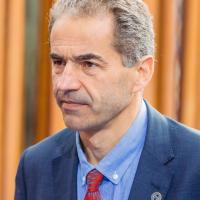
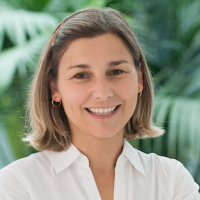

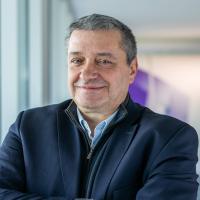
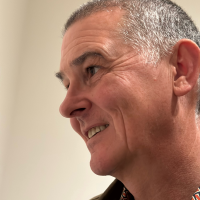
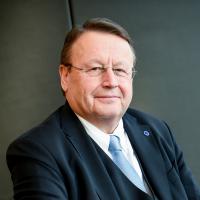
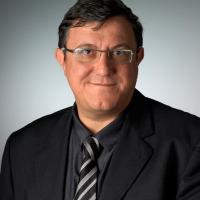
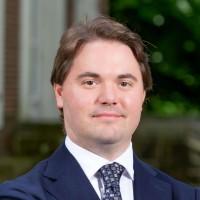
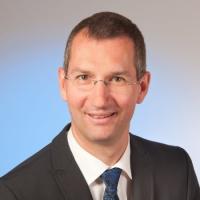
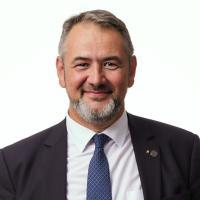
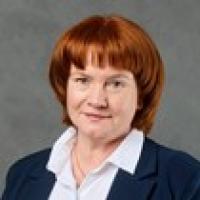
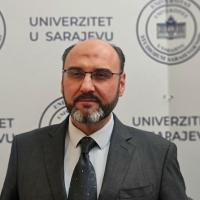
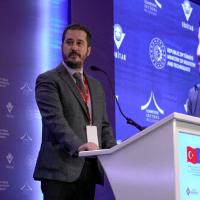
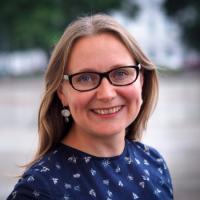
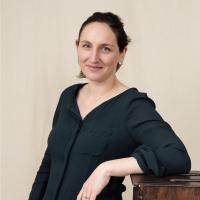
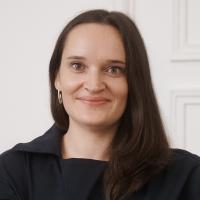
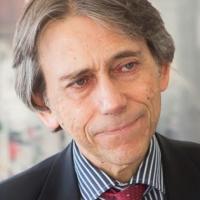
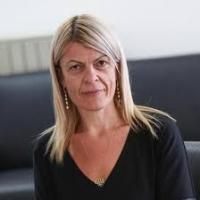

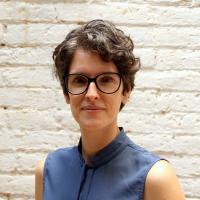
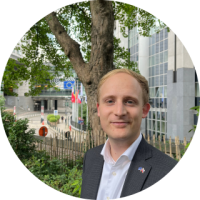
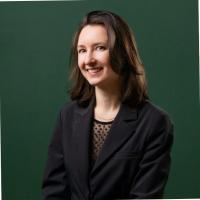
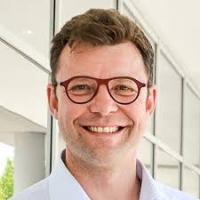
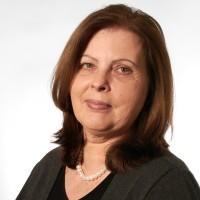
For more information, please contact Denitsa Nikolova at [email protected]
Partners



 A unique international forum for public research organisations and companies to connect their external engagement with strategic interests around their R&D system.
A unique international forum for public research organisations and companies to connect their external engagement with strategic interests around their R&D system.